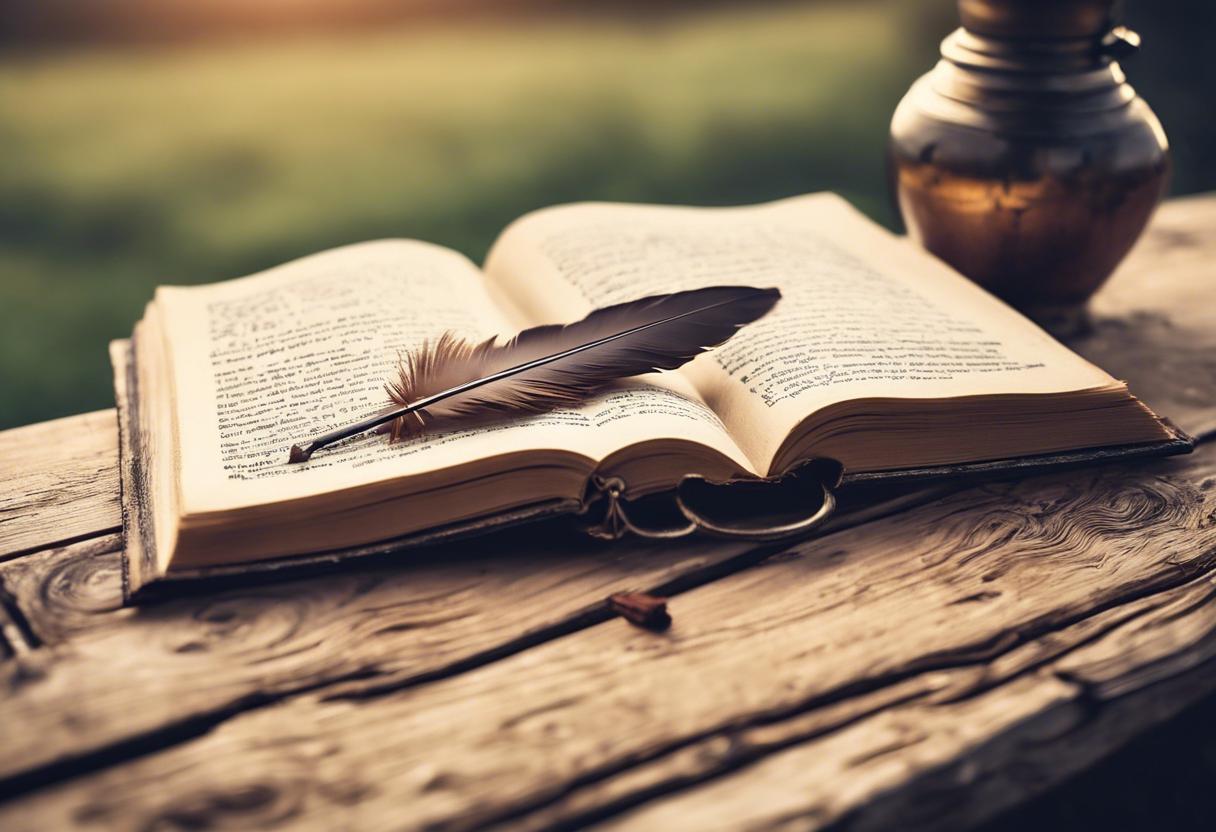This year’s Nobel Prize was awarded to South Korean writer, Han Kang, highlighting yet another year of the coveted laureateship failing to recognise an Irish author. In the last century, Ireland was already on the board with WB Yeats clinching the honour in 1923. George Bernard Shaw soon followed, bringing home the title in 1925. To parallel such 20th-century accolades, however, we are evidently lagging behind. The distinction may well end up mirroring our Eurovision streak, which saw a period of notable triumphs followed by a chronic dry spell.
Considering the enormous feat of Yeats, Shaw, Beckett and Heaney in the previous 75 years, emulating such literary success seems formidable. Each of these authors was exceptional, their works well-timed and resonant. Yeats, for instance, received praise from the Swedish Academy for embodying Ireland’s national spirit during a political sea change. He viewed his award as Europe’s welcoming of the Irish Free State.
Shaw, on the other hand, widened his fame on the bright stage of London, whereas Beckett gained advantage from his reputation in France. Further, Heaney’s status as an Ulster poet likely bolstered his likability during the imminent peace phase in Northern Ireland.
Despite the hopes for the emergence of equally noteworthy Irish writers in this century, a repeat of the past performance is uncertain. After all, the trend, akin to the Olympic Games, demonstrates a proclivity for larger nations to rule the Nobel rostrum. Among the smaller countries, only Sweden and Norway manage to rival Ireland’s Nobel track record in literature, a fact that may hint at a subtle regional preference in the decision-making process.
In contrast to Yeats’s era where the majority of laureates were from Europe, there’s a significant global diversity among recent award winners. From the inception of the Nobel Prize up until Yeats, all laureates barring Rabindranath Tagore, who Yeats ardently supported, hailed from Europe. This is starkly different to the last two decades which have seen recipients from a variety of nations including the US, China, South Africa, Peru, Japan, Trinidad and Tobago, Tanzania, and recently, South Korea. This shift hints at increasing competition for Irish writers from a vast global talent pool, much like rising Irish footballers facing fierce competition in the English Premier League.
In addition, there’s a noticeable move towards equality in gender representation among laureates. Only one woman, Selma Lagerlöf, was recognised before Yeats received his award and in the prize’s initial fifty years, merely eight women were selected. However, since 2000, nine women have earned this accolade, indicating positive signs for potential Irish female laureates.
Despite the significant talent in Ireland, evident through writers like James Joyce, Brian Friel, and Eavan Boland, the country has seen its fair share of Nobel misses. Remarkably, there’s limited buzz around potential Irish laureates despite the presence of deserving candidates. Michael Longley is one such competent contender, yet he doesn’t possess the international fame that Seamus Heaney enjoyed owing to his prestigious assignments at Oxford and Harvard.
Considering Irish novelists, winning the Booker Prize could be a potential benchmark, propelling authors like Roddy Doyle, Anne Enright, Anna Burns, John Banville, and Paul Lynch into Nobel contention. Interestingly, there have been four recipients of both the Booker and Nobel prizes, including VS Naipaul, Kazuo Ishiguro, Nadine Gordimer, and JM Coetzee.
Colum McCann, Colm Tóibín, Kevin Barry, Mike McCormack and Anna Burns could be seen as leading figures in Irish literature, if we are to judge by their success in the International Dublin Literary Award – with Burns being the only to have secured both this and the Booker Prize. Nobel laureates Orhan Pamuk and Herta Müller too have received the Dublin honour, unlike the previous names, these awards were given for one-off novel achievements rather than their overall body of work – the latter being a requisite for the Nobel Prize.
Looking to the future, Ireland may have to wait many years before another of its authors garners a Nobel distinction. The successor to the influential Seamus Heaney may yet be obscure, unpublished, or even unborn. Given its occasional penchant for unexpected choices – Bob Dylan being a notable example – could the Swedish Academy consider diverging from its tradition of venerating established literature giants and instead, turn towards a young, emerging talent like Sally Rooney? Rooney’s recent novel, Intermezzo, has garnered praise in the London Review of Books – a publication that undoubtedly holds sway in Stockholm’s literati circles.
If future Irish authors fall short of Nobel recognition, would this undermine Ireland’s reputation as a literary mecca? Not necessarily. Over the Prize’s 120-year history, many laureates have slipped into the shadows. Few outside of their native countries or academic circles would call to mind names like Władysław Reymont (1924), Frans Sillanpää (1939) or Pär Lagerkvist (1951).
One distinctive aspect of Irish literary achievement, likely tied to the growing global reach of the English language, is the enduring illuminance of its laureates. Yeats, Shaw, Beckett, and Heaney remain prominent in the minds of readers and theatre-goers worldwide. This is equally true of many modern Irish authors, whose works continue to beguile international audiences, even if they never reach the epic heights of Nobel triumph.
Daniel Mulhall, the author of the upcoming book WB Yeats and the Ireland of his Time, sheds light on this (New Island Books, 2023).

